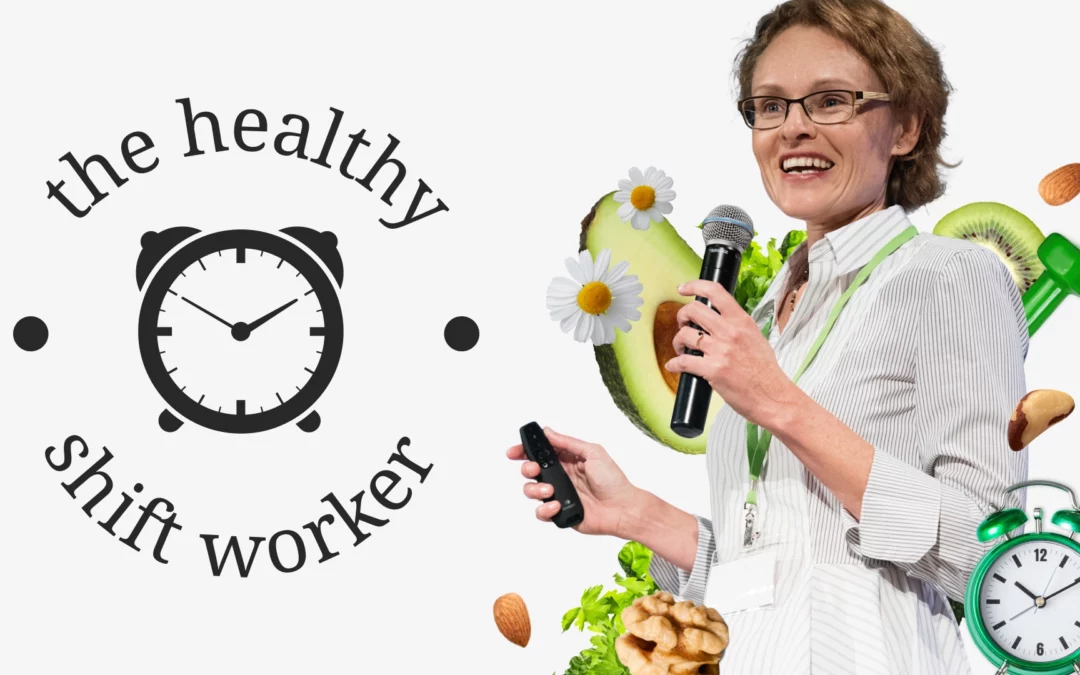
by Audra Starkey | Jun 29, 2015 | Mindset
Making the transition from an unhealthy shift worker to one which is vibrant and healthy can certainly be a tough and turbulent road. In fact you may even think it’s beyond your reach as you endeavour to work (and survive) in an occupation which is known to cause...

by Audra Starkey | Feb 3, 2015 | Mindset
How to stay healthy when you work 24/7 has got to be the million dollar question asked by shift workers everywhere, because let’s face it – shift work is a really tough occupation. And the harsh reality is that staff turnover within a workplace can be very...

by Audra Starkey | Nov 17, 2014 | Mindset
Finding a job which is enjoyable, challenging and invigorating can certainly be a hard thing to do. Actually it can be very hard thing to do. So if you struggling to find some kind of shift work job satisfaction, have you ever asked yourself “…...

by Audra Starkey | Oct 25, 2014 | Mindset
As a shift work veteran and trainer, I often wonder is shift work training really necessary. That is, is it absolutely necessary to give people an induction and heads up on what they’re about to get themselves into? The simple answer to that is absolutely....

by Audra Starkey | Jul 31, 2013 | Nutrition
In my quest to become a ‘healthy shift worker’ and to inspire others to become the same, I’ve always tried to include lots of fresh fruit and vegetables into my diet because they’re quite simply, Mother Nature’s Golden Ticket when it comes to first class nutrition. So...





